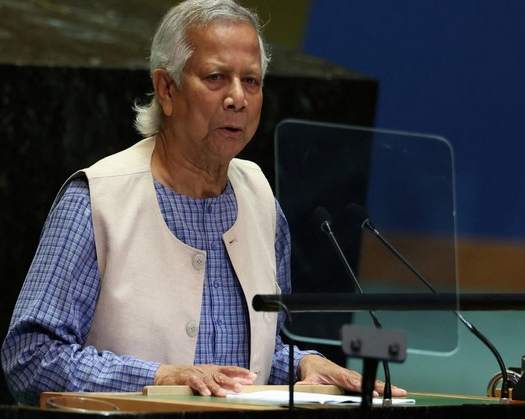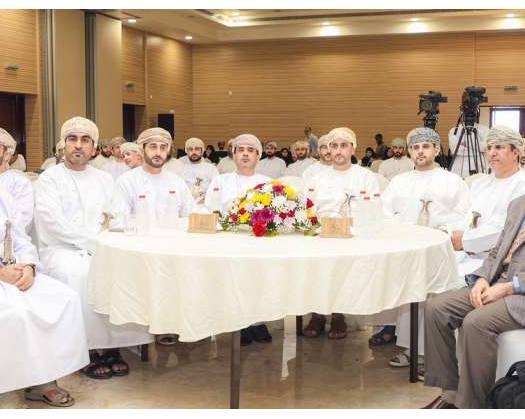Dhaka: Bangladesh has secured a 20% tariff rate after final negotiations with the United States, which is equivalent to that of its main garment sector competitors such as Sri Lanka, Vietnam, Pakistan, and Indonesia, who received rates ranging from 19% to 20%.
As a result, Bangladesh's relative competitiveness in garment exports remains unchanged, according to a statement released by the Bangladesh Chief Adviser's Press Wing on Friday.
We negotiated carefully to verify that our commitments were consistent with our national interests and capabilities, according to Dr. Khalilur Rahman, Bangladesh's National Security Advisor and chief negotiator.
Protecting our apparel sector was a major concern, but we also focused our purchase promises on American agricultural products. This promotes our food security objectives while also building goodwill among U. S. farming regions.
Today, we effectively prevented a possible 35% reciprocal tariff. That is excellent news for our garment industry and the millions who rely on it. We've also maintained our global competitiveness and created new prospects for accessing the world's largest consumer market, according to Dr. Rahman.
We applaud the Bangladesh tariff negotiators for obtaining a historic commercial agreement with the United States, which is a significant diplomatic win, according to Bangladesh Chief Advisor Muhammad Yunus.
By lowering the fee to 20%, 17 points less than expected, our negotiators showed great strategic talent and steadfast dedication to preserving and promoting Bangladesh's economic interests, according to the statement.
Since February, they have worked tirelessly, deftly navigating through a complicated negotiating process that included tariff, nontariff, and national security concerns. The agreement they negotiated protects our competitive advantage, expands our access to the world's largest consumer market, and promotes our key national interests, according to Yunus.
This achievement not only highlights Bangladesh's growing power on the world stage, but it also paves the way for more opportunities, faster progress, and long-term prosperity. Bangladesh's future is undoubtedly promising. Today's success is a strong tribute to the country's durability and ambitious commitment for a stronger economic future, according to the chief adviser.
Bangladesh has already inked a deal to buy 700,000 tons of wheat from the United States each year. According to local media in Bangladesh, intentions are in the works to boost LNG imports and buy 25 Boeing airplanes from the United States.
According to a Bangladeshi official involved in the negotiations, the US side has asked Bangladesh to import military equipment from their nation.
We stated that we were diversifying the acquisition of military equipment. We also acquire military equipment from Turkey and Eastern European nations. We also want to buy from the United States. American military gear is of excellent quality, but it is expensive. If at all possible, we will purchase from the United States, according to the official.
Bangladesh will also increase imports of soybean and cotton from the United States to reduce the USD 6 billion trade deficit, according to him.
The United States has voiced worry that Bangladesh is drifting into China's orbit. We have stated that China is our neighboring trading partner. We do not belong to any circles. According to the official, the United States has asked Bangladesh to cut reliance on specific nations.
Just days before the deadline to complete bilateral trade agreements, President Donald Trump announced new tariffs of up to 41% on products from 70 nations.
These accords go beyond tariff adjustments to incorporate domestic policy changes that the Trump administration believes will help reduce trade disparities. They also address wider economic and national security challenges. As part of the agreements, nations were compelled to make clear promises to buy U. S. commodities in order to reduce trade imbalances.
Given the breadth of concerns addressed, the negotiating process has been difficult and lengthy. Tariff relief was contingent not just on lower tariffs on U. S. exports, but also on a country's commitment to address U. S. concerns about nontariff barriers, trade deficits, and security issues.
President Trump's executive order stated explicitly that each country's tariff rate would correspond to the level of commitment across all of these domains.
Earlier, two days before the July 9 deadline, US President Donald Trump sent a letter to Bangladesh announcing a 35 percent tariff. According to the letter, the tax will go into effect on August 1.








